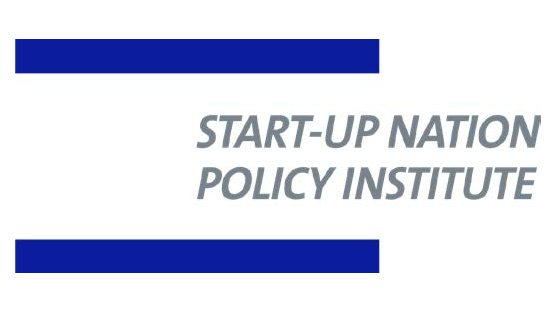There are several possible explanations for this phenomenon:
1. The decline indicates an improvement in investors’ ability to identify winning ideas
Some claim that the decline is simply a reflection of investors’ improved discernment, and that the smaller pool of startups are of higher quality. To assess this claim, we used the portion of startups that succeeded in raising at least a seed round as a proxy for quality.
The results of this analysis do not indicate a significant improvement in the overall quality of startups. For example, 52 weeks post-establishment, the differences in “quality” between startups launched in 2014 and startups launched in 2020 are relatively small. These results are consistent even when we changed the quality parameter from seed to series A.
2. The decline is due to shifting technological trends.
In the global technology industry, one periodically notices large shifts in successful sectors. These changes may be reflected in the scale of new companies that are established. Therefore, the decline in the number of new technology companies may be due to an increase in sectors where greater resources are required, expressed either by larger startups or by a decline in the sectors that require fewer resources.
This explanation is supported by the finding that the largest decline over the past few years was in the Social Media and Advertising sector. Startups in this industry are usually “pure software” and require less personnel and equipment than “heavier” industries like AgriTech or medical equipment, and even less than Fintech and Digital Health, that alongside technical knowledge also require expertise in complex regulation. The fact that the decline is mostly limited to this sector in other countries as well supports the hypothesis that the decline can be attributed to these changes.
3. The decline stems from increased competition between startups and established companies.
Over the past decade, the number of Israeli growth companies as well as multinational corporations with a presence in Israel has increased significantly. These companies vie for the same resources as new startups across several areas:
Competition for human capital: The large number of established companies in Israel offer an attractive alternative for potential entrepreneurs. These companies offer high-paying, low-risk executive positions, making the high-risk, high-reward paradigm of entrepreneurship less appealing. For those who choose the path of entrepreneurship despite this, fierce competition over employees makes starting a company even more challenging. Indeed, startup founders must compete for employees with vastly better-resourced companies. The concurrent rise in employee wages only exacerbates the issue. Facing this difficulty, many would-be entrepreneurs simply join large companies instead of founding new startups. The rise in median seed and series A funding between 2014-2020 by 15% and 11% per year, respectively, further points to the increasing difficulty of launching a new startup.
Competition for financial capital: An additional explanation for the decline is that venture capital funds and other investors are now more focused on late-stage investing, making it more difficult for new companies to raise early-stage capital. Yet despite a decline in early-stage investments starting in 2018, there are few indications to support this claim.





